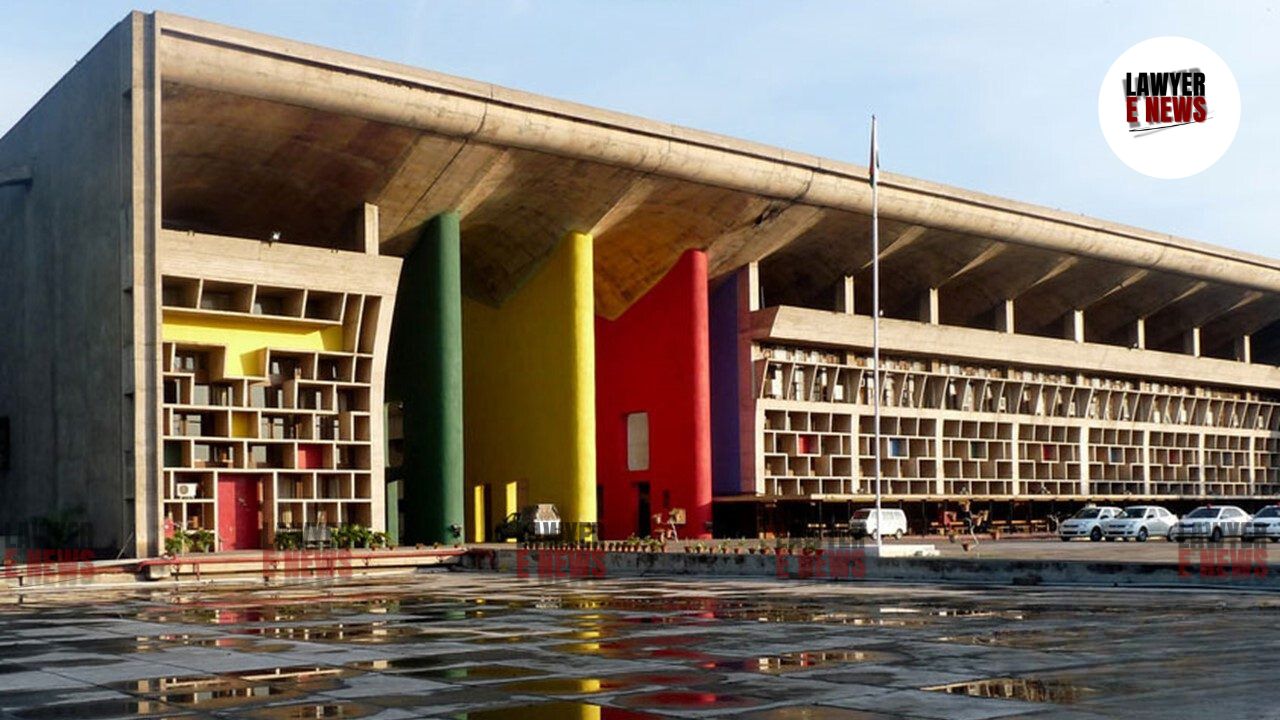-
by Admin
17 February 2026 2:34 PM



Petitioner failed to meet the tough conditions of Section 37 NDPS Act; the case reveals a sophisticated narco-drone nexus operating across Punjab and J&K - In a dramatic case involving cross-border drone-based drug smuggling, the Punjab & Haryana High Court refused anticipatory bail to Balwinder Singh @ Bhinda, who was implicated in a major narcotics and surveillance-related FIR involving the use of drones from Pakistan to drop heroin consignments in Indian territory.
Justice Anoop Chitkara, while dismissing the bail plea under Section 438 CrPC, stated unequivocally: “The petitioner has, prima facie, failed to satisfy the conditions of Section 37 of the NDPS Act to make a case for bail.”
“Encrypted calls, discarded phones, and border locations—investigation points to petitioner’s active role in narco-drone network”
The FIR, No. 51 dated 18.09.2024, was registered at Narot Jaimal Singh Police Station under Sections 3 & 4 of the Official Secrets Act, Sections 10–12 of the Aircraft Act, and Section 21 of the NDPS Act, against multiple accused including the petitioner.
According to the investigation report, the entire chain of events was unearthed after the arrest of co-accused Akhil Sharma @ Babla, who revealed during custodial interrogation that drones from Pakistan were used to drop heroin packets at specific locations sent via WhatsApp. The petitioner, along with Cheena and Sukhdeep Singh @ Ghudda, allegedly accompanied Babla to a designated drop site, though the drop failed due to dense tree cover.
Another successful drone drop occurred 9–10 days later, where heroin was recovered from a cremation ground, and distributed among co-accused. On 18.09.2024, 260 grams of heroin and over ₹2.18 lakhs in drug money were recovered from Babla’s fields.
“The petitioner’s mobile location was found near the drop site. He later discarded the iPhone he used, and gave away his second phone to an unknown person,” the status report noted.
“The petitioner is found to be a member of a drug nexus operating across Punjab, J&K, and Pakistan”
The State’s report emphasized that the petitioner was in regular encrypted contact with key players through WhatsApp calls and that his role in transmitting location data, coordinating with drone handlers, and assisting in retrieval and distribution was evident.
“The petitioner is part of a narco network smuggling heroin from Pakistan using drones, with links extending to Gurdaspur, Batala, Amritsar, Taran Tarn, and Jammu & Kashmir,” said the State.
The Court was further informed that custodial interrogation of the petitioner was crucial for recovering drones, mobile devices, SIMs, and bank accounts linked to the cartel.
“Reverse burden under Section 37 NDPS not discharged—Bail cannot be granted”
Justice Chitkara referred to established judicial precedents, especially the Court’s own analysis in Abida v. State of Haryana, and held: “Section 37 places a reverse burden on the accused, and unless crossed, the hurdles for bail remain insurmountable.”
“The expression ‘reasonable grounds’ under Section 37 means something more than prima facie. It contemplates substantial probable causes for believing that the accused is not guilty of the alleged offence,” the Court quoted from settled jurisprudence.
The Court concluded that the rigours of Section 37 NDPS were not met, and the evidence—including phone records, encrypted calls, and physical presence at the drop site—were sufficient to deny anticipatory bail.
In one of the more striking lines of the judgment, the Court described the challenge of securing bail under Section 37: “Satisfying the fetters of S. 37 of the NDPS Act is candling the infertile eggs.”
The Court stressed that while the law does not outright ban bail, it places a high threshold which the petitioner failed to cross.
“From the bail petition and supporting documents, the petitioner’s involvement is evident and does not justify pre-trial release.”
The High Court dismissed the anticipatory bail plea of Balwinder Singh @ Bhinda, recalled interim protection, and emphasized that the crime’s impact and national security implications outweighed personal liberty considerations at this stage.
The Court concluded:
“Any further discussion will likely prejudice the petitioner; this Court refrains from doing so. Petition dismissed. Interim orders recalled.”
Date of Decision: April 1, 2025
